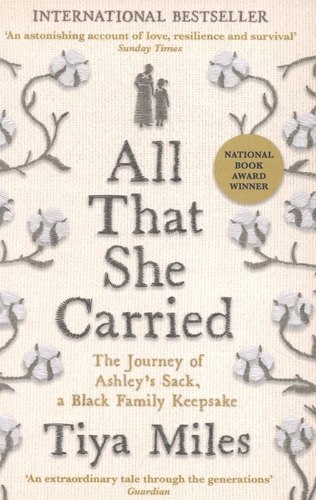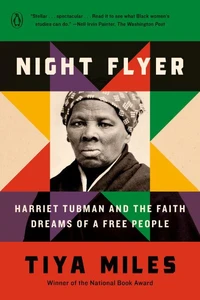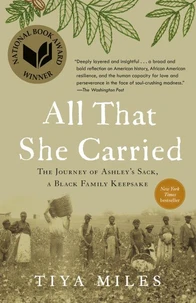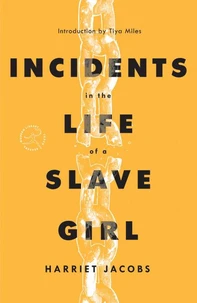All That She Carried. The Journey of Ashley's Sack, a Black Family Keepsake
Par :Formats :
- Paiement en ligne :
- Livraison à domicile ou en point Mondial Relay indisponible
- Retrait Click and Collect en magasin gratuit
- Réservation en ligne avec paiement en magasin :
- Indisponible pour réserver et payer en magasin
- Nombre de pages385
- PrésentationBroché
- FormatGrand Format
- Poids0.34 kg
- Dimensions12,8 cm × 19,6 cm × 2,8 cm
- ISBN978-1-80081-821-7
- EAN9781800818217
- Date de parution01/02/2024
- ÉditeurProfile Books
Résumé
A renowned historian traces the life of a single object handed down through generations to illuminate the lives left out of the archives. In 1850s South Carolina, Rose, an enslaved woman, faced a crisis : the imminent sale of her young daughter Ashley. She quickly packed a cotton bag with a few items. They would never be reunited and decades later, Ashley's granddaughter Ruth embroidered this family history on the sack in spare, haunting language.
Harvard historian Tiya Miles traces these women's faint presence in archival records, and, where archives fall short, she turns to objects, art and the environment to write a singular history of the experience of slavery and the uncertain freedom afterward.
Harvard historian Tiya Miles traces these women's faint presence in archival records, and, where archives fall short, she turns to objects, art and the environment to write a singular history of the experience of slavery and the uncertain freedom afterward.
A renowned historian traces the life of a single object handed down through generations to illuminate the lives left out of the archives. In 1850s South Carolina, Rose, an enslaved woman, faced a crisis : the imminent sale of her young daughter Ashley. She quickly packed a cotton bag with a few items. They would never be reunited and decades later, Ashley's granddaughter Ruth embroidered this family history on the sack in spare, haunting language.
Harvard historian Tiya Miles traces these women's faint presence in archival records, and, where archives fall short, she turns to objects, art and the environment to write a singular history of the experience of slavery and the uncertain freedom afterward.
Harvard historian Tiya Miles traces these women's faint presence in archival records, and, where archives fall short, she turns to objects, art and the environment to write a singular history of the experience of slavery and the uncertain freedom afterward.






